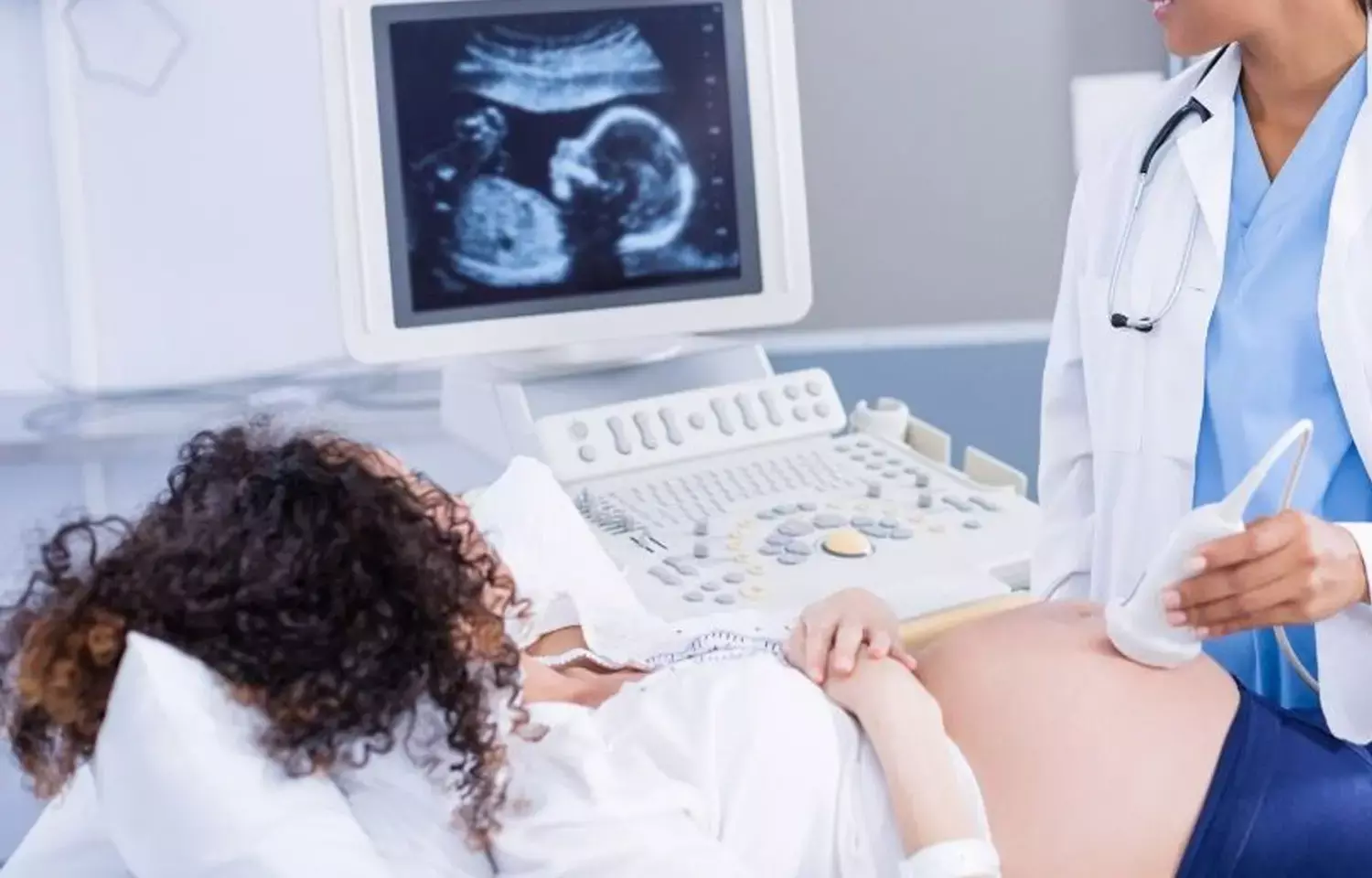- Home
- Medical news & Guidelines
- Anesthesiology
- Cardiology and CTVS
- Critical Care
- Dentistry
- Dermatology
- Diabetes and Endocrinology
- ENT
- Gastroenterology
- Medicine
- Nephrology
- Neurology
- Obstretics-Gynaecology
- Oncology
- Ophthalmology
- Orthopaedics
- Pediatrics-Neonatology
- Psychiatry
- Pulmonology
- Radiology
- Surgery
- Urology
- Laboratory Medicine
- Diet
- Nursing
- Paramedical
- Physiotherapy
- Health news
- Fact Check
- Bone Health Fact Check
- Brain Health Fact Check
- Cancer Related Fact Check
- Child Care Fact Check
- Dental and oral health fact check
- Diabetes and metabolic health fact check
- Diet and Nutrition Fact Check
- Eye and ENT Care Fact Check
- Fitness fact check
- Gut health fact check
- Heart health fact check
- Kidney health fact check
- Medical education fact check
- Men's health fact check
- Respiratory fact check
- Skin and hair care fact check
- Vaccine and Immunization fact check
- Women's health fact check
- AYUSH
- State News
- Andaman and Nicobar Islands
- Andhra Pradesh
- Arunachal Pradesh
- Assam
- Bihar
- Chandigarh
- Chattisgarh
- Dadra and Nagar Haveli
- Daman and Diu
- Delhi
- Goa
- Gujarat
- Haryana
- Himachal Pradesh
- Jammu & Kashmir
- Jharkhand
- Karnataka
- Kerala
- Ladakh
- Lakshadweep
- Madhya Pradesh
- Maharashtra
- Manipur
- Meghalaya
- Mizoram
- Nagaland
- Odisha
- Puducherry
- Punjab
- Rajasthan
- Sikkim
- Tamil Nadu
- Telangana
- Tripura
- Uttar Pradesh
- Uttrakhand
- West Bengal
- Medical Education
- Industry
COVID-19 vaccine not associated with major fetal structural anomalies detectable on ultrasound: JAMA

major fetal structural anomalies identified
CHICAGO: The exclusion of pregnant patients in initial COVID-19 vaccine clinical trials left many patients and doctors wondering how the vaccine might affect pregnant patients and their unborn babies.
Researchers at Northwestern Medicine have found in a new study that COVID-19 vaccine is not associated with birth defects that are detectable on ultrasound.
"This is yet another important piece of data that helps bridge the chasm that was left when pregnant individuals were excluded from those initial vaccine trials," said corresponding author Dr. Emily Miller, chief of obstetrics at Northwestern Medicine and assistant professor of maternal fetal medicine at Northwestern University Feinberg School of Medicine.
The study will be published April 4 in the journal JAMA Pediatrics.
"One of the reasons women struggle with the vaccine in pregnancy is they're worried about their babies and don't want to take any risks," said first author Dr. Rachel Ruderman, a fourth-year resident in obstetrics and gynecology at Feinberg. "This study shows there really is no increased risk of birth defects, and it supports other evidence that shows the vaccine is safe and beneficial for mom and baby."
Study analyzed for a wide range of birth defects
The types of birth defects the scientists were looking for on the study participants' ultrasounds were ones they deemed "major fetal structural anomalies," such as the baby's heart not forming correctly or the spine not closing properly. In the United States, 3 to 5% of births are impacted by these types of defects, resulting in increases in infant morbidity, mortality and billions of dollars in cost.
"During the early part of pregnancy when the organs are forming, there can be abnormalities in how they form, and they can take the form of birth defects that can have implications for the life of the child," Miller said.
"For example, if the baby's heart isn't forming correctly, that could lead to the baby needing major cardiac surgery or long-term medication," Miller said. "However, if the ultrasound identified extra fluid in the fetus' kidney, that might end up fixing itself down the road. We looked for those extremes and everything in between."
Study advances CDC's previous findings
The U.S. Centers for Disease Control and Prevention (CDC) in September 2021 released similar findings from its study in pregnant individuals. This study builds on and advances the CDC's data, Miller said.
While the CDC compared its study data to historical data, the new Northwestern study used contemporary controls—current pregnant patients who chose not to get vaccinated or were not vaccinated within the window the scientists defined as of biologic risk for birth defects (having received vaccination from 30 days prior to conception until 14 weeks gestational age).
"I think the big strength of this study is that we compared against other women who were vaccinated, but at different point in their pregnancies," Miller said. "People who choose vaccination are often different from people who choose not to be vaccinated. Our study design helps account for some of those differences."
The study analyzed electronic medical records (including ultrasounds and COVID-19 vaccination records) from a cohort of 3,156 pregnant people who received a complete fetal anatomical survey (19-week ultrasound) at Northwestern Medicine Prentice Women's Hospital between March and November 2021. Of those pregnant patients, 2,622 (83.1%) received at least one vaccine dose and 1,149 (43.8%) were vaccinated inside of the scientists' defined vaccination window (30 days prior to conception until 14 weeks gestational age).
Dr Kamal Kant Kohli-MBBS, DTCD- a chest specialist with more than 30 years of practice and a flair for writing clinical articles, Dr Kamal Kant Kohli joined Medical Dialogues as a Chief Editor of Medical News. Besides writing articles, as an editor, he proofreads and verifies all the medical content published on Medical Dialogues including those coming from journals, studies,medical conferences,guidelines etc. Email: drkohli@medicaldialogues.in. Contact no. 011-43720751


